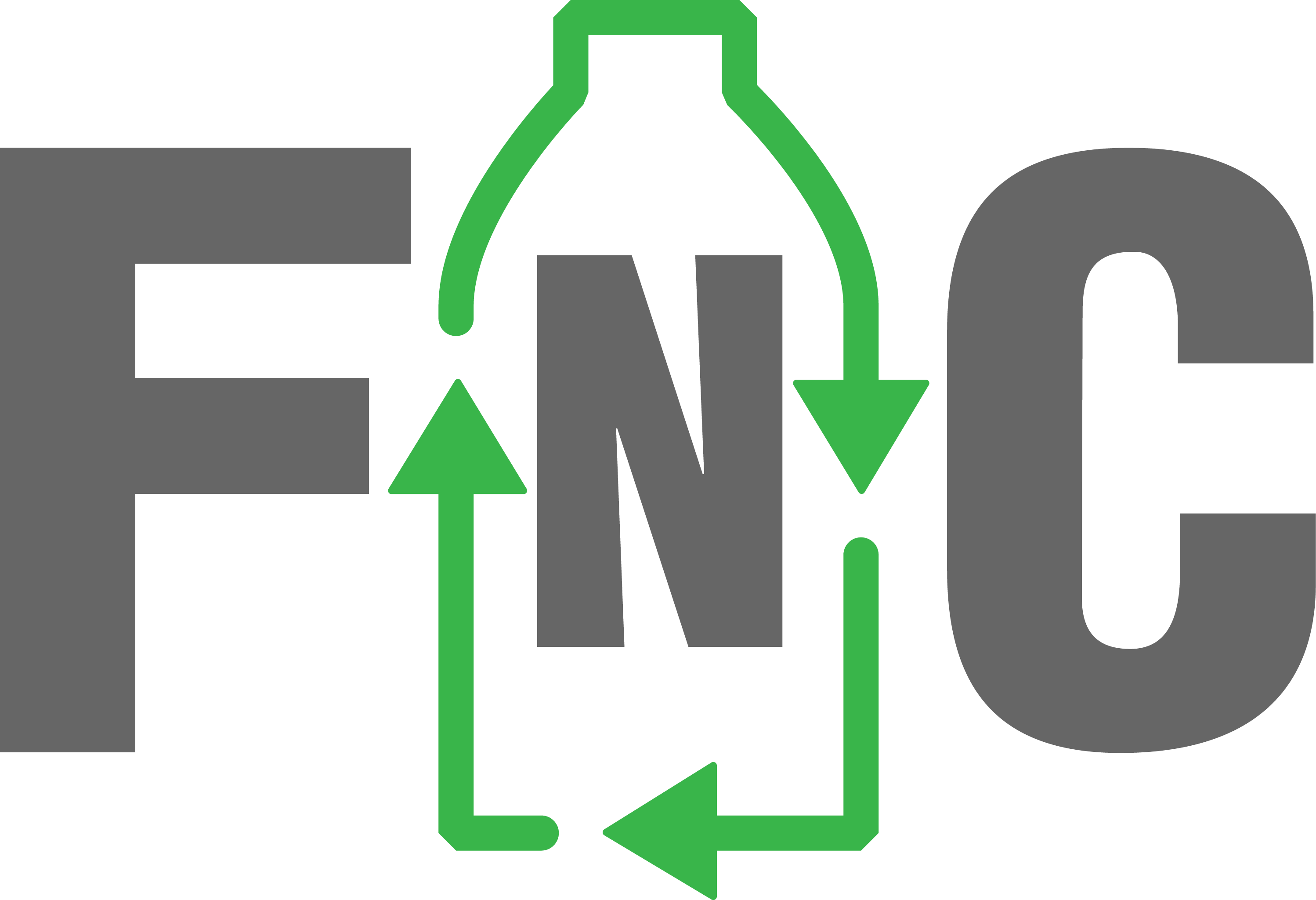Mission
A world without plastic is perhaps possible, but a responsible use of plastics offers many advantages to the quality of human life:
– Improves food preservation, reducing waste
– Improves hygiene, reducing contamination
– Simplifies packaging, reducing the use of raw materials.
The definition of responsible use includes many aspects of daily life, from simple daily actions to more specific actions.
The plastic abandoned or poured into the environment is not the responsibility of the plastic but of “little responsible” actions of the human being.
Recycling is the key word, it is the motto that must be taken by every human being.
Plastic cannot be classified as “good or bad” as well as other natural or artificial materials. It is its use that must be evaluated and really small civilization gestures are enough to ensure plastics a completely positive function for our entire planet.
A used piece of plastic should not be interpreted as a waste and therefore a problem, but should rather be seen as a resource and therefore new opportunities.
There is no “plastic” material, but there are many materials called plastic, such as PE, PP, PVC PET, etc., most of which are 100% recyclable.
There is no “plastic” material, but there are many materials called plastic, such as PE, PP, PVC PET, etc., most of which are 100% recyclable.
Recycling any material means reducing the use of raw materials for the production of new objects; recycling means saving the environment. The prudent management of resources leads to the concept of circular economy, where an action derives from the previous one and leads to the next, in a virtuous circle in which all the parties benefit.
